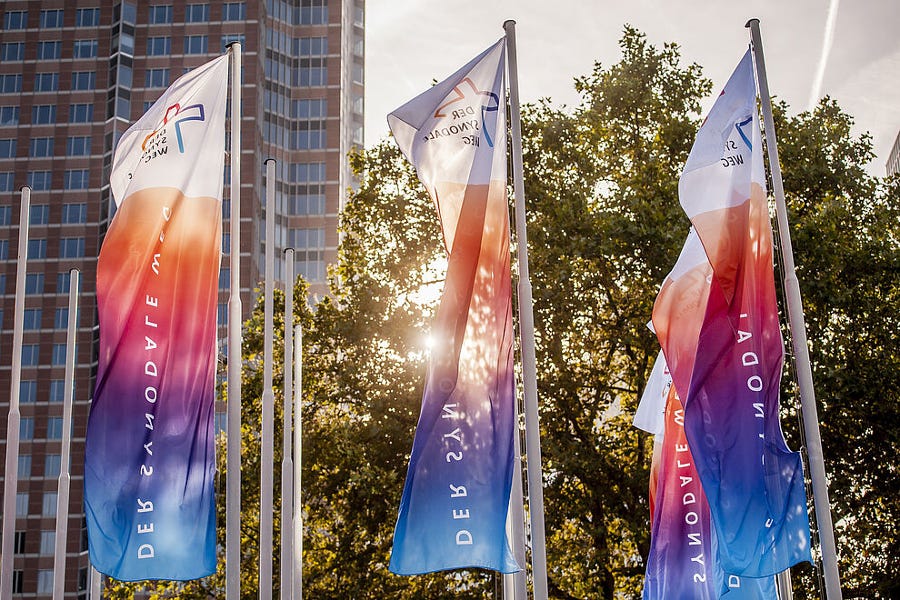Vatican interventions in Germany’s ‘synodal way’ - timeline
News: German ‘synodal way’

The Vatican issued a statement Thursday that will be seen as a shot across the bows of the Catholic Church in Germany.
The unsigned declaration, issued July 21, underlined that the country’s controversial “synodal way” - an initia…
